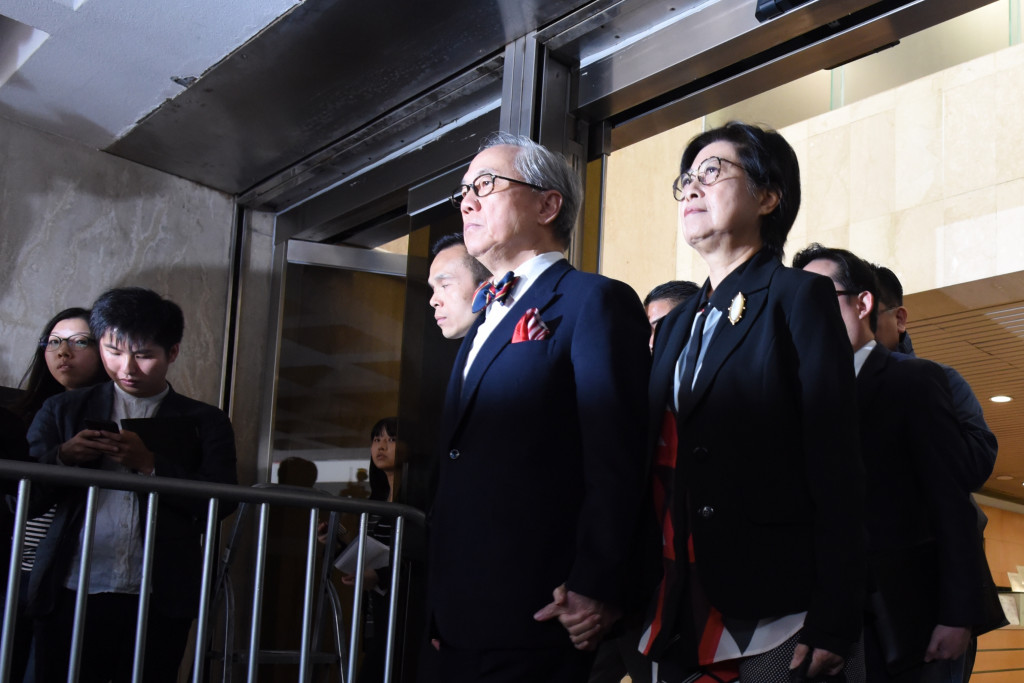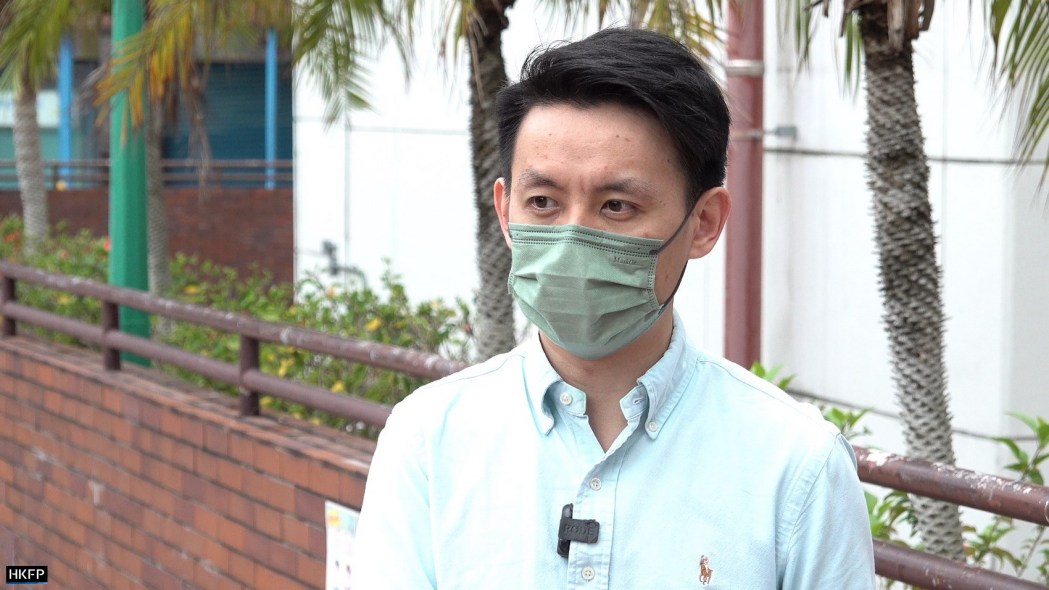Hong Kong’s leader Carrie Lam said she would break her campaign promise to extend the Prevention of Bribery Ordinance to cover her own job since this would affect the ability of chief executives to answer to Beijing.
Lam said on Thursday that the proposed amendment to an anti-bribery law “challenges the chief executive’s constitutional position,” and she believed that future leaders of the city should also reject the legislation.

“Over the past 20 years, now that I looked back, some of the legislation passed was aimed at weakening the chief executive’s standing…” Lam told the Legislative Council, adding that the chief executive was above the city’s administration, legislature, and judiciary.
The extension of the anti-bribery law to Hong Kong’s leaders would affect their ability to answer to the central government, she said in a Chief Executive’s question and answer session.

Lam made a campaign promise in 2017 to extend Sections 3 and 8 of the ordinance, which ban government officials from “soliciting or accepting an advantage” and outlaw “bribery of public servants by persons having dealings with public bodies,” to cover the Chief Executive.
The amendments were proposed along with other suggestions by the Independent Review Committee for the Prevention and Handling of Potential Conflicts of Interest (IRC), after former chief executive Donald Tsang was accused of accepting advantages and hospitality.
He served a prison sentence but was eventually acquitted on appeal.

The IRC report said that while the committee “fully recognises the unique constitutional status” of the chief executive’s office, it “sees no justification for exempting the CE [chief executive] from the statutory regime to which PAOs [politically appointed officials] and civil servants are subject.”
“All public officials are servants of the people. Indeed the CE should be regarded as ‘the Chief
Servant’ of the people. The public expect our public officials, particularly the CE, to
observe the highest standards of conduct,” the report read.
‘Utterly irresponsible’
The chief executive’s comments went further than those in an interview last December when she said that the amendment was “not a priority,” but did not rule out the possibility of her successors extending the legislation.
Chairperson of the Democratic Party Lo Kin-hei slammed Lam’s decision as “utterly irresponsible behaviour” in a Thursday press release.

Lo said that while he understood that the chief executive was an official answering to the central government, he could not understand why the amendment would challenge the leader’s constitutional position.
He also questioned whether the position of chief executive was so elevated that it was above the law. “Are we back to an era where we are turning a blind eye to bribery and corruption? Are probity and honesty no longer important?” said Lo.
Support HKFP | Policies & Ethics | Error/typo? | Contact Us | Newsletter | Transparency & Annual Report | Apps
Help safeguard press freedom & keep HKFP free for all readers by supporting our team

LATEST FROM HKFP
HKFP has an impartial stance, transparent funding, and balanced coverage guided by an Ethics Code and Corrections Policy.
Support press freedom & help us surpass 1,000 monthly Patrons: 100% independent, governed by an ethics code & not-for-profit.










